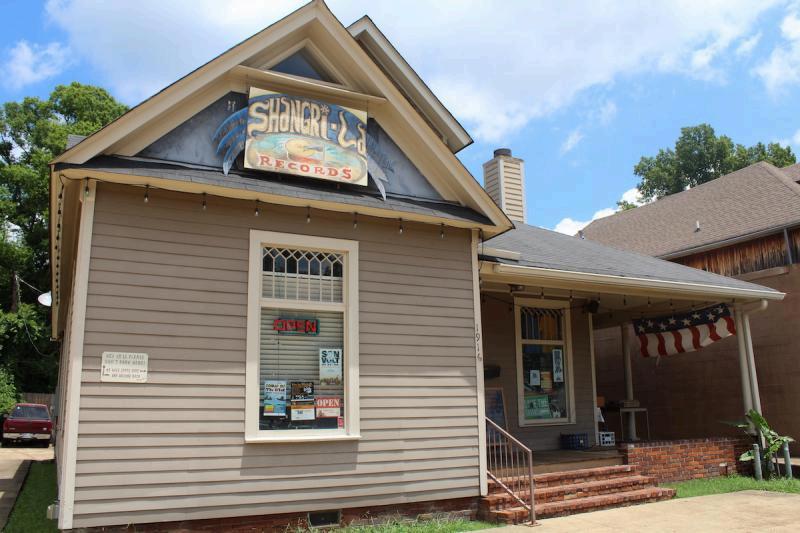






A PREVIEW OF HALLOWEEN NIGHT’S BIGGEST EVENT
AN INSIDE LOOK AT ONE OF MIDTOWN’S BEST VENUES



IN CONVERSATION WITH A TRUE JACK OF ALL TRADES
CRATE DIGGING W/ DJ WITNESSE
THE LOCAL BOOGIE EXPERT SHARES SOME OF HIS FINDS
TOP 5 W/ JAMES ALEXANDER
THE BAR-KAYS LEGEND ON HIS FAVORITE LIVE STAX TUNES
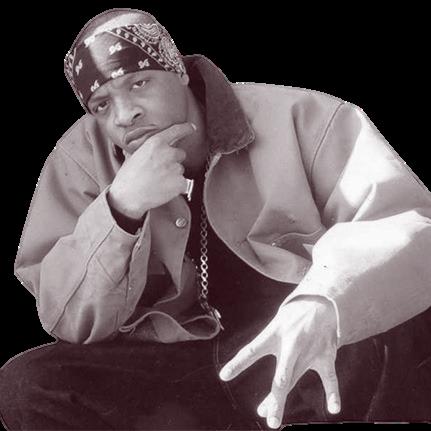
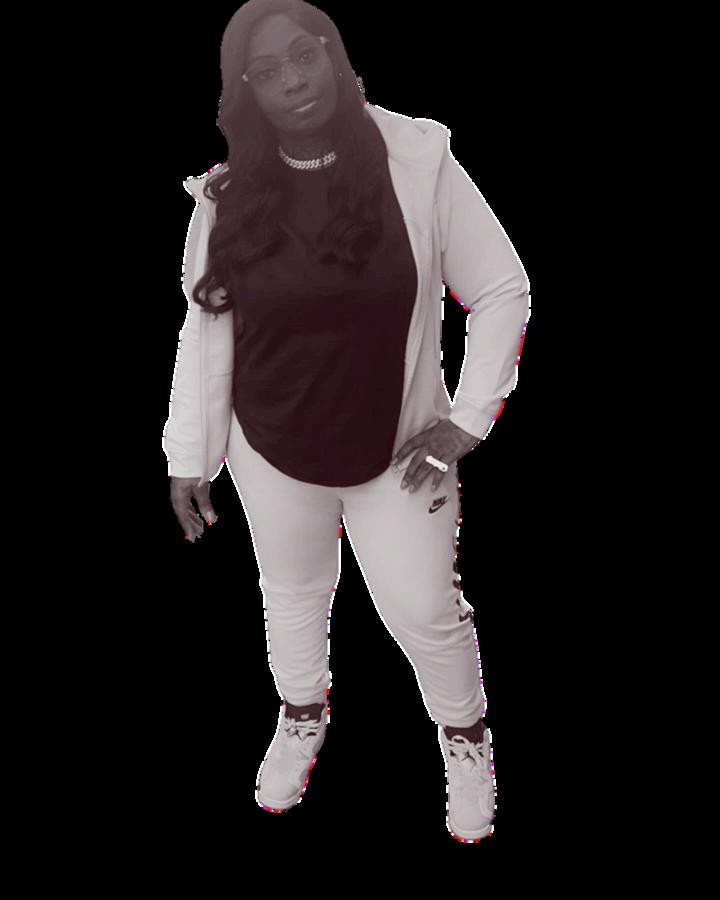



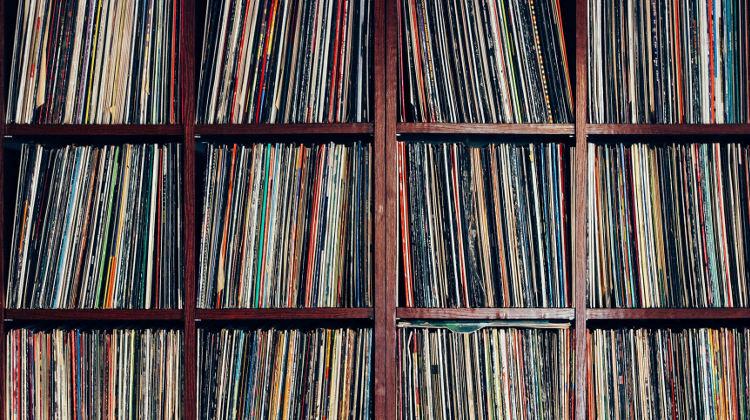
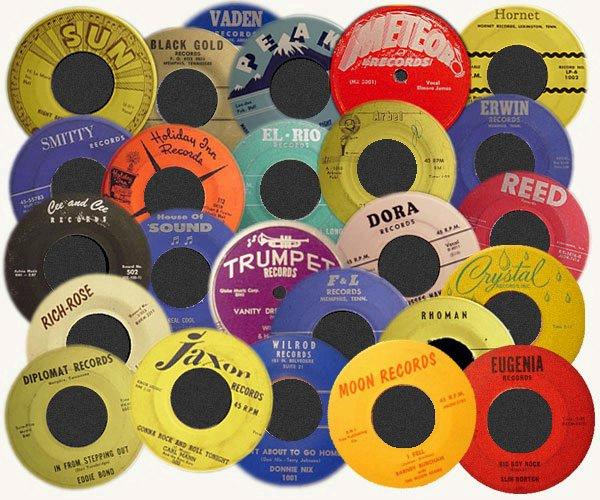


Ross Turner wears many hats on the local arts scene. A seasoned musician, quick-witted comedian, and familiar radio voice, he has built a reputation as a community builder and champion of the city’s unique creative energy.
“I got really lucky,” says Ross Turner of the career renaissance that brought him to the Bluff City. “Thank God I was hired here in Memphis.”
After nearly 10 years of working construction jobs in New York and Atlanta, the Long Island native decided to pursue a more fulfilling life, enrolling at Georgia’s Kennesaw State University. It was there that he began DJing for the college radio station, leading to an internship at the Atlanta rock station 99 X.
In 2014, Turner decided to pursue full-time employment in radio, and that another relocation would be necessary. That pursuit ultimately led him to Memphis and 98.1 The Max. “The only open positions within Cumulus Radio were in Youngstown, Ohio or Memphis,” he says.”I would have gone anywhere for the opportunity to grow in the industry. But, again, thank God I got a job in Memphis.”
Once in Memphis, Turner’s creative life began to blossom. A skilled musician, he has fronted two notable heavy rock bands in town - Native Blood (now defunct) and Deaf Revival. He’s also a respected stand-up comedian, the in-arena host for the Memphis Showboats, host of the podcast The Stump - and a daily presence on the 98.1 FM airwaves.
Turner spoke to Shangri-La Records about his life in Memphis, his multi-faceted career, and more.
What was your first love - music, comedy, or radio?
It was definitely music. For as long as I can remember, music always gave me goosebumps. I was making mixtapes off the radio when I was a kid, and the idea of showing people new music and creating a playlist for people to listen to on the radio was always a dream. It’s why I got into it in the first place. Comedy came a little later. I was in middle school when I first discovered George Carlin. His Back in Town special on HBO pretty much changed my life from that day forward. I think comedy has influenced every opinion I have on life.
Were you pursuing music before you moved here?
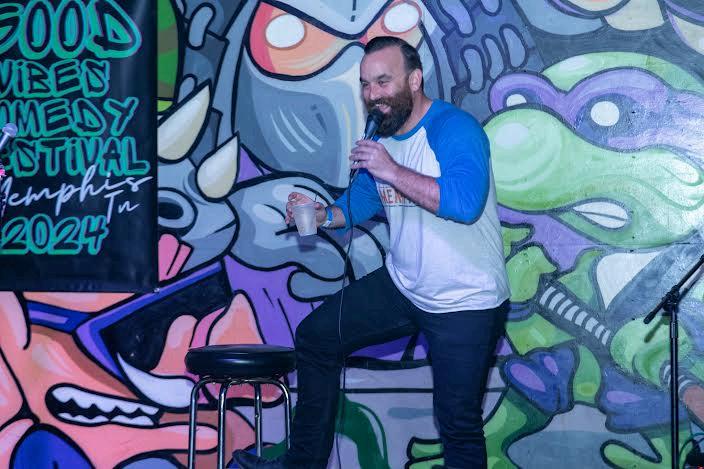
I always played music, but I really didn’t get serious about original music until I moved to Memphis.
When did you form Deaf Revival?
It was around 2019 when my drummer Clanton Blaylock came out to a show of my previous band, Native Blood. He came up to said he wanted to jam some time.
So we did, and I took all the riffs and phrases that didn’t fit with Native Blood to see what could fit in a two-piece. I was playing in both bands right up until Covid hit, but Native Blood broke up during Covid, so it was full steam ahead with Deaf Revival.

The debut DR record Desperate Music, Desperate Times was released in March - now that you’ve had some time to live with it, how do you feel about it?
Honestly, I’m beyond thrilled about it, which is awesome because I usually find a reason to despise my own art. I was confident in our songs and our live show, but recording is such a different ball game and I hate my voice recorded. I was scared until we got the final mixes. I couldn’t be more proud of the work Clanton and I put into it, and a massive credit goes to Matt Qualls at Easley McCain studio for making us sound like such a booming force.
Tell us about the recording process.
We went into Easley McCain with Matt about two years ago, in September of 2022. I had worked with him on the first two Native Blood records, so I know how great he was with making something small sound big, and something big sound menacingly massive. We went in and recorded 14 songs in two days and spent the next two years chipping away at the overdubs, vocals, and scrounging the money together to pay for it. In a two-piece, you really shoulder the burden of paying for everything by yourselves, so we ’ re grateful Matt worked with us and let us spread it out over multiple sessions. In fact, we still have four unreleased songs from that session that just need finishing vocals, so an EP might be in the future.
What did it mean to you guys to get asked to perform at the RiverBeat Music Festival this year?
It was stupid unbelievable. I couldn’t believe it. I had been interviewing bands and doing stage announcements for 98.1 The Max for ten years beforehand on those stages, and I always thought to myself, “ man, it would be really fucking cool if I could ever play on the river one day.” I think it’s every band's dream in Memphis to be included in that Rushmore achievement. So, it was always in the back of my mind, but you never really think it’s going to happen, especially for the music that I play - but then to actually get to play and have you band on the same poster as Public Enemy, The Killers, Cage the Elephant, and Missy Elliot? C’mon. It’s stupid fucking awesome.
How did you get involved in the Memphis comedy scene?

It’s such a cliche tale, it’s pathetic. I was engaged when I moved to Memphis and we broke up, so I finally tried it after watching people bomb and get back up on stage. See, when you ’ re in a relationship and you go on stage, you ’ re not just embarrassing yourself, you ’ re kind-of embarrassing them too. So when you ’ re single, nothing really matters, so I finally said “fuck it, let’s try it.” I was so goddamn horrible my first couple of times, probably months, but I was bit by the bug so I just kept at it. You don’t have to be good at comedy to need to do it, you just need to accept the challenge of it. So luckily there was a scene that was very accessible and I credit the midtown music scene for allowing me to fumble and grow over the years.
How would you describe your comedic voice to someone who has never seen you perform?
This is probably the most difficult question for a comic because most comics have absolutely no self-awareness. At this point, I’d have to say I’m topical, contrarian, somewhat absurd and ridiculous, and at times aloof, but cutting. After 10 years of doing standup, I think I found my strongest writing comes in the form of roasting, but I’m still growing - and at 42, I’m sometimes completely clueless as to who I really am and what I really value. So, it’s always changing.
Memphis is known primarily as a “music town” - is the comedy scene undervalued?
Without a doubt. We have some absolute titans of comedy in the town. Rob Love, Richard Douglas Jones, Phat Mak, Mo Alexander, Charlie Vergos, Tootie Two Times, Lamon Johnson - I could keep going. Memphis really suffers from a lack of comedic infrastructure. I always say that what we need is a comedy club run by a middle-aged business man who cares about comedy second. That way, comics can learn about the business of comedy, and not necessarily the popularity of comedy.
Most of the comics in Memphis that take the next step and moved to bigger cities have all flourished. And I mean flourished. There are people that started in Memphis that are now on SNL, run shows in massive markets, and tour with massive acts. Memphis comics deserve better opportunities, but the city’s comedy scene is almost entirely propped up by the DIY work of the scene itself. Thanks to the hard work of a group of dedicated local comics, there’s been a consistent independent scene that has basically provided all the open mics, features, and headlining showcases that a comedy club is supposed to provide. The scene is spread out, but it’s active as hell.
How long have you been with 98.1 The Max?
I’ve been there for about 11 years now, and it is my first full-time radio job. I was recommended by the Program Director in Atlanta to Danni Bruns at The Max. Luckily, she thought I’d be a great fit and hired me as the night-time DJ from 7Midnight. After a year they moved me to afternoon drive, and now I’m on at middays as well as Production Director.
What is it you love about FM Rock radio? What are the limitations?
I love the freedom to talk about almost anything between songs. Sometimes I’ll talk about music, sometimes local stories, national politics, whatever. As wild as the nation’s climate can be at times, I always feel a responsibility to make light of something or find a small aspect of a story that is absurd or weird so everyone can look at it with a little levity. Also, I get to play a new song of my choosing every day and it’s literally the highlight of my day. I love music so damn much, and exposing people to new music is the reason why I got into radio in the first place. Becoming a personality was more of an afterthought, but ultimately took centerstage.
What was the inspiration for launching your podcast The Stump?
Honestly, I started The Stump because I just wanted to talk to cool people without a time limit. If I’m completely honest, interviewing people on air is my least favorite part about radio, even though it’s at times the most important aspect. It’s usually in a 510 minute chunk, there’s an agenda, and you ’ re never asking them something they haven’t been asked before. But with The Stump, it’s relaxed, not rushed, and I’m getting to interview local artists that a lot of times have never been interviewed before. If anyone in town gets to learn about these bands or artists, I get to give back to the scene that has literally made almost all of my dreams come true.

How do your different professions influence each other?
I always say that stand-up ruined radio for me because I know how funny I’m not. It’s to the point now that when I’m saying something on-air, I can hear people groaning in their car. For the longest time, I did my best to keep everything separate from each other because all the worlds are drastically different, and I never wanted to use one to influence the other within the community. I wanted to get gigs or shows because I actually earned the opportunity, not because I was “in radio.” With comedy, I’ve always tried to keep it away from radio because the audiences are completely different, and what might be good for the stage might be offensive to the general public, The cool part about performing music and comedy is that those have really helped and formed most of my relationships in Memphis.
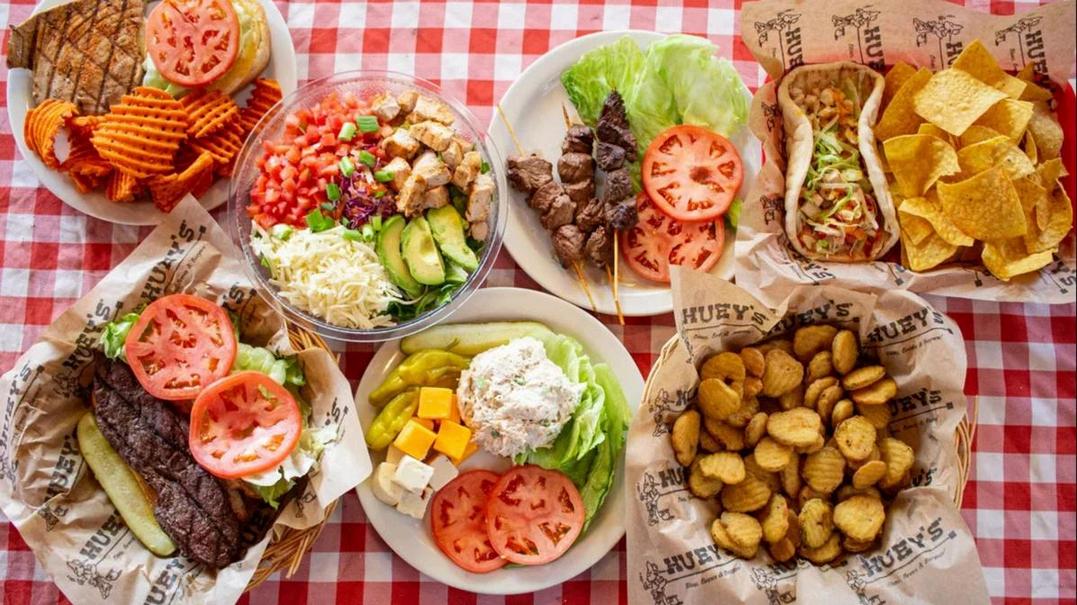


Shangri-La Records Presents...
Shangri-La Records Presents...
Shangri-La Records Presents...
MEMPHIS RAP OGz
MEMPHIS RAP OGz
MEMPHIS RAP OGz

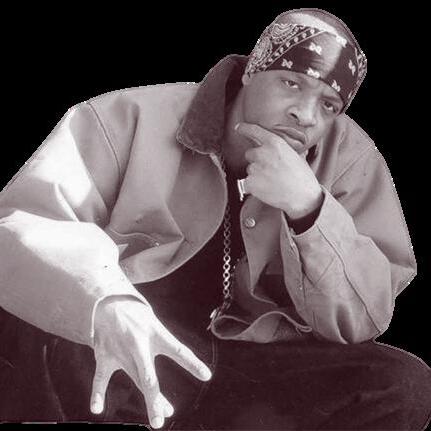



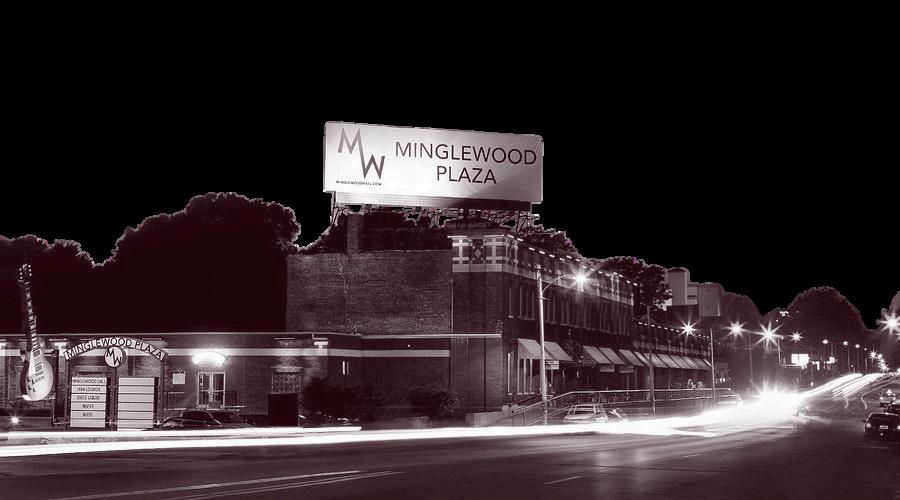
An insider’s guide to Halloween
An insider’s guide to Halloween night’s biggest event night’s biggest event
An insider’s guide to Halloween night’s biggest event
Call it serendipity, or maybe just simple dumb luck. Either way, the stars have aligned and Shangri-La has teamed up with the Memphis Rap OGz to bring you the best damn Halloween night show the city has to offer.
Serving as both an epic ending to the 2025 season of our Lo-Fi in Hi-Fi interview series and an exciting new chapter for Memphis Rap OGz– a showcase of local living legends that first launched during last year’s RiverBeat Festival–we’ve assembled a scary good lineup of some of Memphis rap’s biggest and most influential icons for a can’t-miss night of horrorcore at Minglewood Hall.
In addition to the live performances, we will also be hosting a costume contest featuring celebrity judges and great prizes, high-energy dance performances woven into the show for Memphis jookers, and exclusive event merch from our friends at Slow Down Dry Goods. Not sold yet? Allow us to introduce you to the evening’s performers...

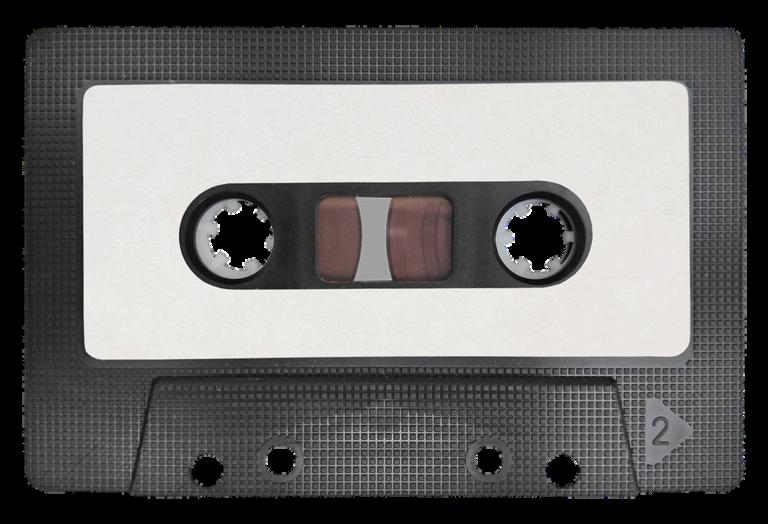
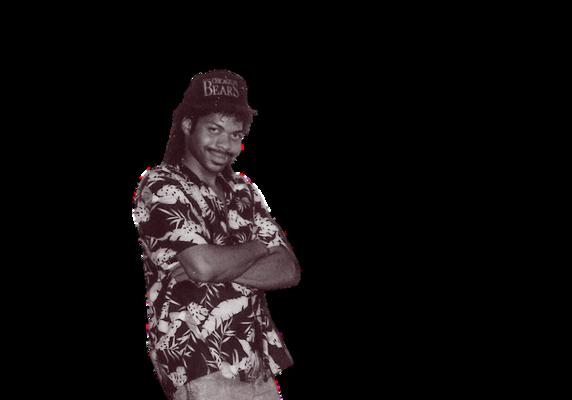

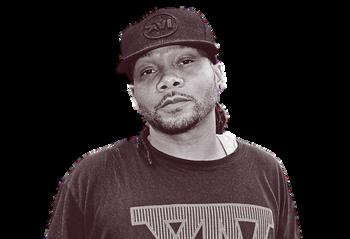
CrunchyBlack rap’s dark, energetic style that became a global phenomenon. Known for his raw delivery and signature jookin style, he was part of the group’s legendary run and remains a living link to Memphis rap’s most influential era.

Known as “The Godfather of Memphis Rap,” DJ Spanish Fly played a crucial role in defining the Memphis hip-hop sound (and the sound of Southern rap more generally) back in the ‘80s, cementing his status as one of the genre’s most important and influential pioneers.
A pioneer of Memphis’ mixtape culture, DJ Zirk became known for his influential tapes in the early ’90s that pushed the city’s underground sound into the streets. His production and DJ work helped to shape the blueprint for crunk and trap, and his influence continues to echoe through the beats of modern Southern rap.

GangstaPat and innovative production, he laid foundational bricks for the city’s independent hustle, cementing his status as one of Memphis’ earliest legends.

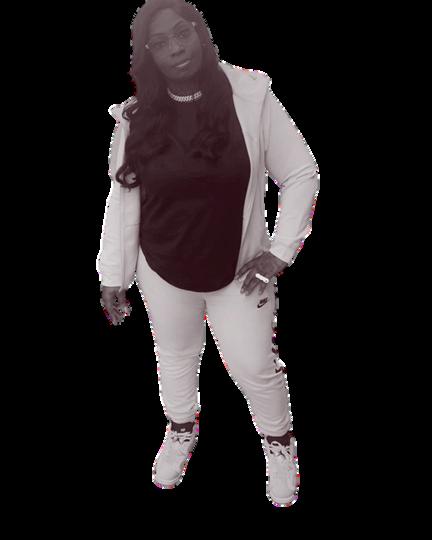

Affectionately known as “The Other Queen of Memphis,” La Chat rose alongside Gangsta Boo as one of the fiercest female voices in Southern rap history. Her commanding delivery and raw authenticity made her a standout within the Three 6 Mafia circle and later as a solo artist. Today, she continues to inspire new generations with her unapologetic style and staying power.
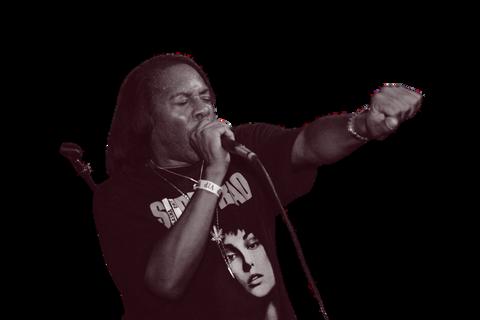

A cult hero of Memphis rap, Tommy Wright III is known for his rapid-fire flow and DIY hustle. In the ’90s, he selfproduced gritty underground tapes that became highly sought after worldwide, influencing the rise of modern trap and horrorcore. Today, his music is celebrated by collectors and sampled by a new wave of artists keeping his legacy alive.

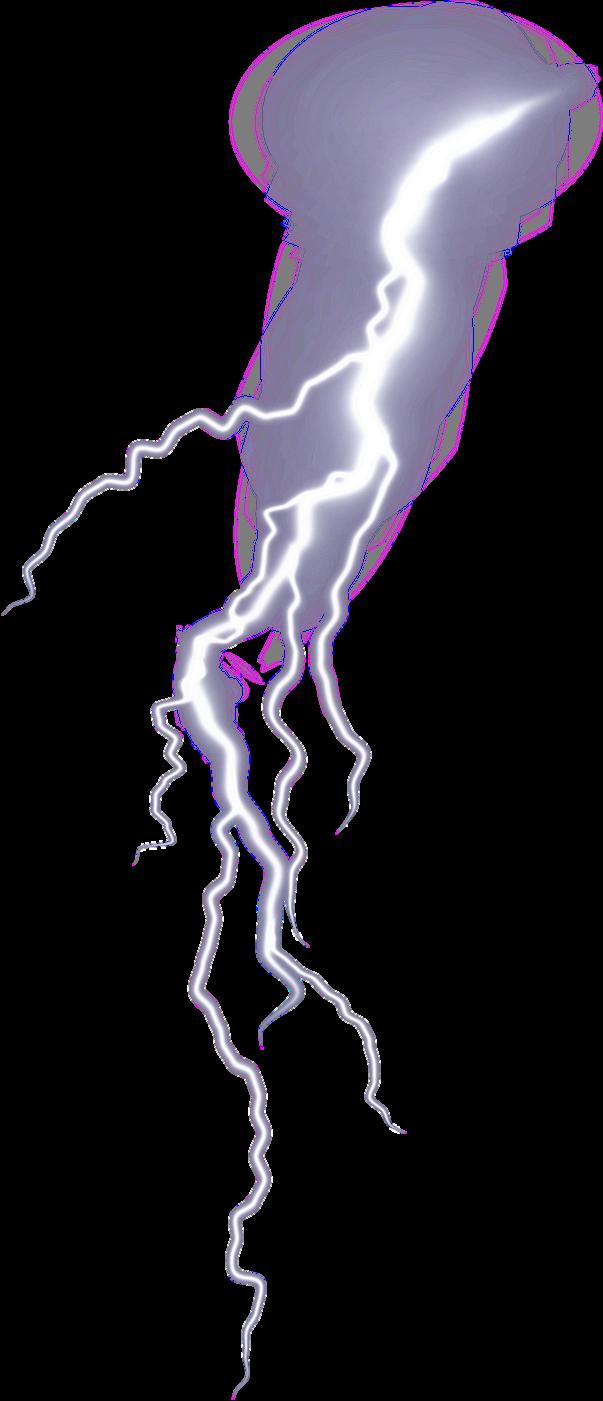
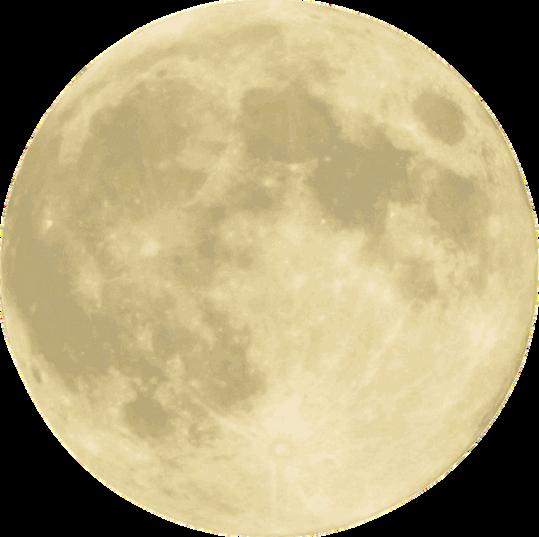





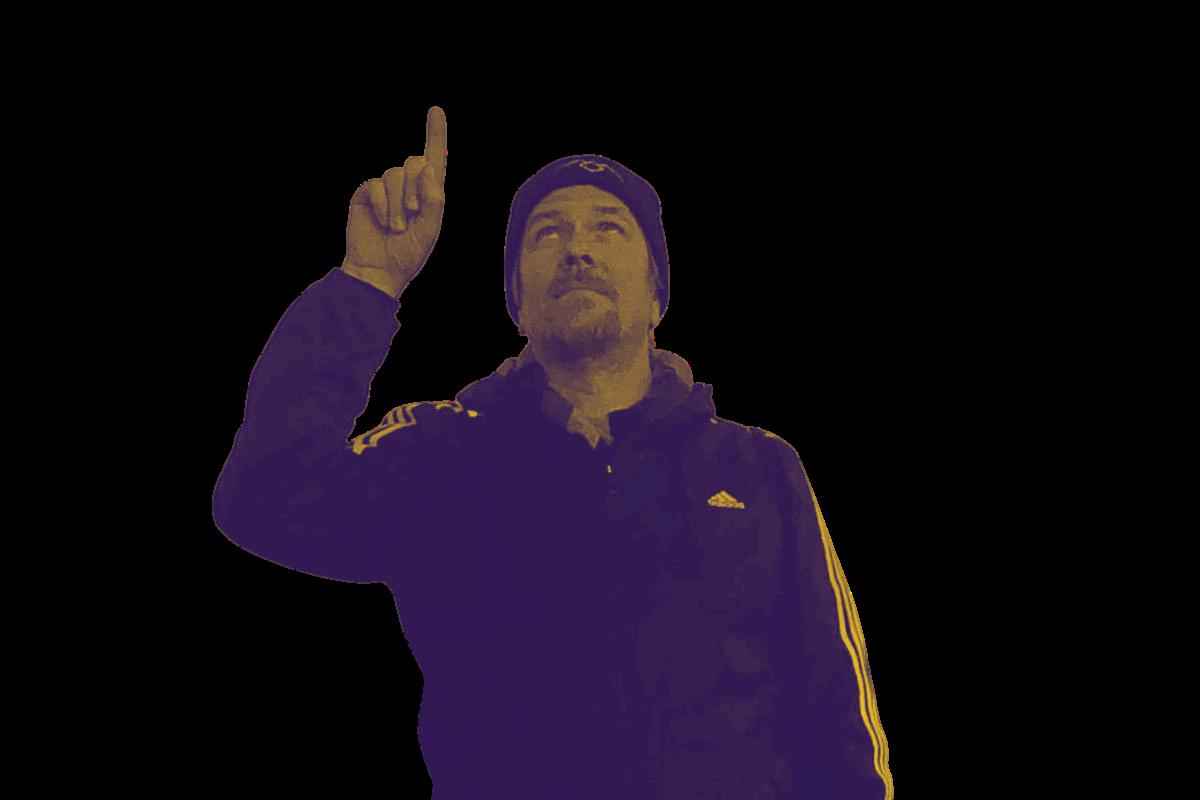

For over three decades, Memphis DJ and collector Jason “Witnesse” Sims has been rocking dancefloors near and far with hisextensivecollectionofraregrooves.“Itreallyallbeganwhena buddyandIwentouttoSanFranciscoaround‘92andreallygot turned on to house music,” he says. “We brought it back here and started throwing underground parties. For about 10 years, I did nothing but tribal house,deepecstasyhouse,andtechnotypestuff.”
Eventually, he began taking a deeper dive into the roots of the genre, leading him to dig more into disco, funk, and jazz. Although his love and admiration for a wide-range of genres is evident, it was boogie where he found his home. The genre, which emerged during the late ‘70s and early ‘80s,isprobablybestunderstoodasablendingofR&Bwithelectronicdance music. “It just makes me smile,” he says. “It has all of these cool elements… there’sthecreativeinstrumentation,thegreatsinging,thedanceability.Ijust loveit.”


Unsurprising given its deep soul and R&B roots, Memphis quickly became a hotbed for the genre. “My favorite vibe of music in general is when the bluesman said ‘fuck it’ and picked up a synthesizer. That kind of energy is really what I look for–kind of country, but also spacey. As far as that stuff goes,it’sinsanehowmuchofitcameoutofhere.”
In the aftermath of Stax Records shuttering their doors and traditional soul music being less popular in general, many influential musicians were left in thewildernesssearchingforthenextbigsound.“Duringthisera,therewere so many independent and underground releases that featured highpowered players such as Lester Snell and ex-members of the Bar-Kays just hanging out in someone’s backyard studio making these one-off boogie anddiscorecordsthatarejustabsolutelyphenomenal.”
Given the sheer volume of these types of records being made at the time, Si th tit’ till i f di F ll tb i ’

Suggested Tracks: “Keep On Steppin’” & “Gonna Get Cha”



Suggested Tracks: “Backseat Driver” & “Freaky Behavior”

Suggested Track: “Drowning In The Sea Of Love”
Suggested Tracks: “Sacrifice” & “I Apologize”

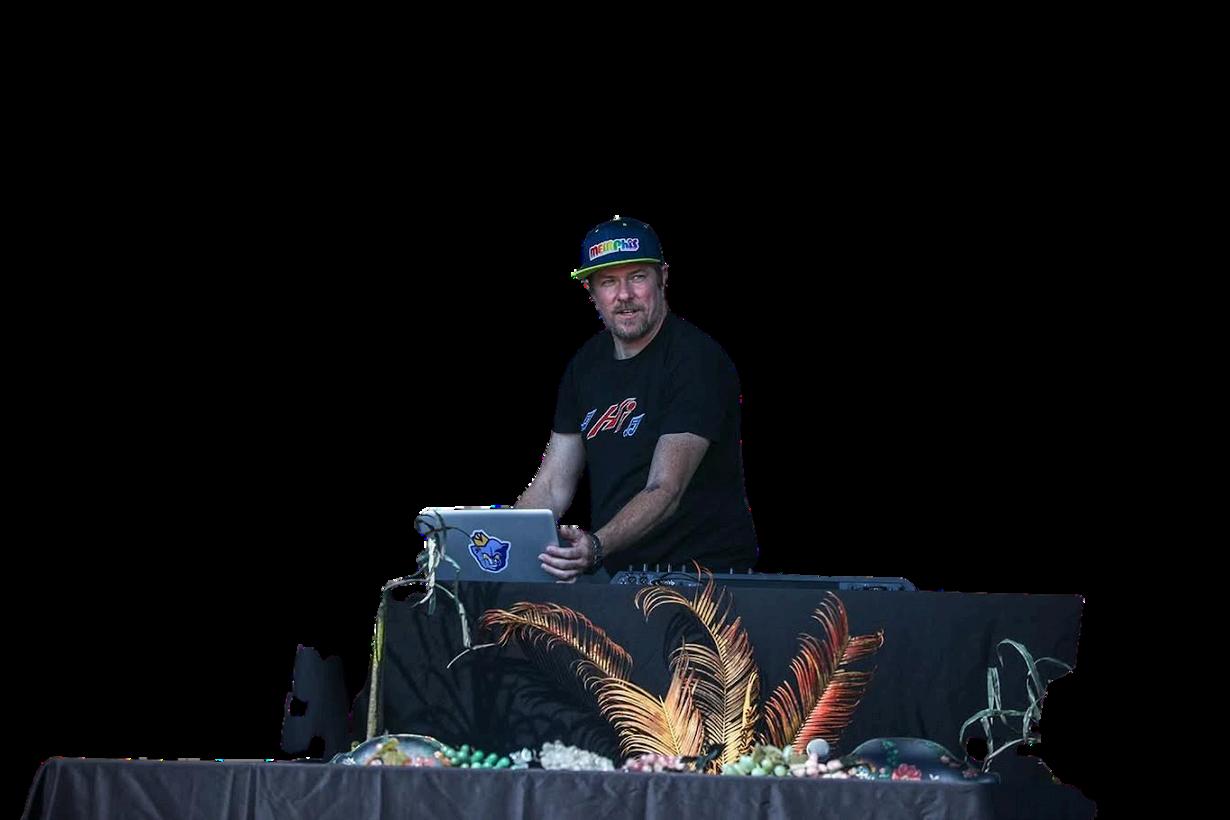

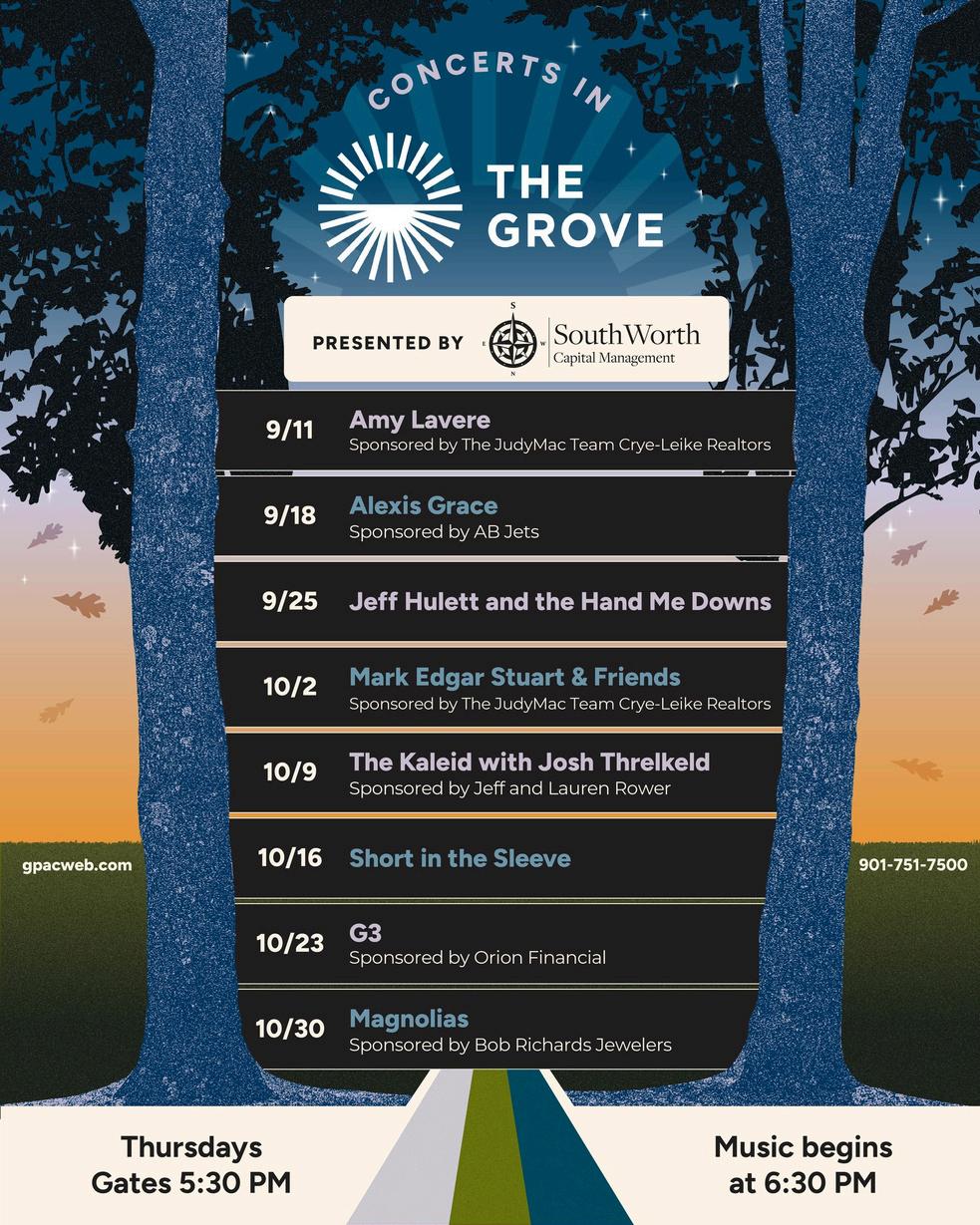



Since its opening in 2018, B-Side has firmly established itself as a premier venue for Memphis musicians and fans alike.
Owners and longtime friends JDe DeHart and Brad Boswell, who became close during the latter’s long stint behind the bar at the Buccaneer Lounge, decided to open a new place together based on the twin principles of chill vibes and superior treatment of artists.
“Our thoughts were we wanted to make it a place for original, live Memphis music that was also relaxed enough for people to just hang out and enjoy each other's company,” says DeHart.
After agreeing on the name “B-Side,” they began the search for a location.
“We went to several locations around Memphis, and especially Midtown, and nothing really stuck,” says DeHart. “We knew of the old Strings & Thing s guitar room inside Minglewood Plaza that might work. We went and looked, and decided it was the perfect spot at the time and felt the room was really what we were looking for. It was our last location to look at and thankfully at the time, our final one.”
On the surface, it might have seemed an odd choice - considering that Minglewood Plaza already housed a formidable concert venue known as Minglewood Hall, and another room of similar size to B-Side, the 1884 Lounge.

But, according to DeHart, the competition really hasn’t been an issue. “We feel with more traffic in the Midtown/Madison Heights area, it only helps,” he says. “The only challenging part is the parking if it's full, which is rare. But as we say, name a spot in Memphis that doesn't have a parking challenge. With 200 spots, we usually have plenty of parking.”
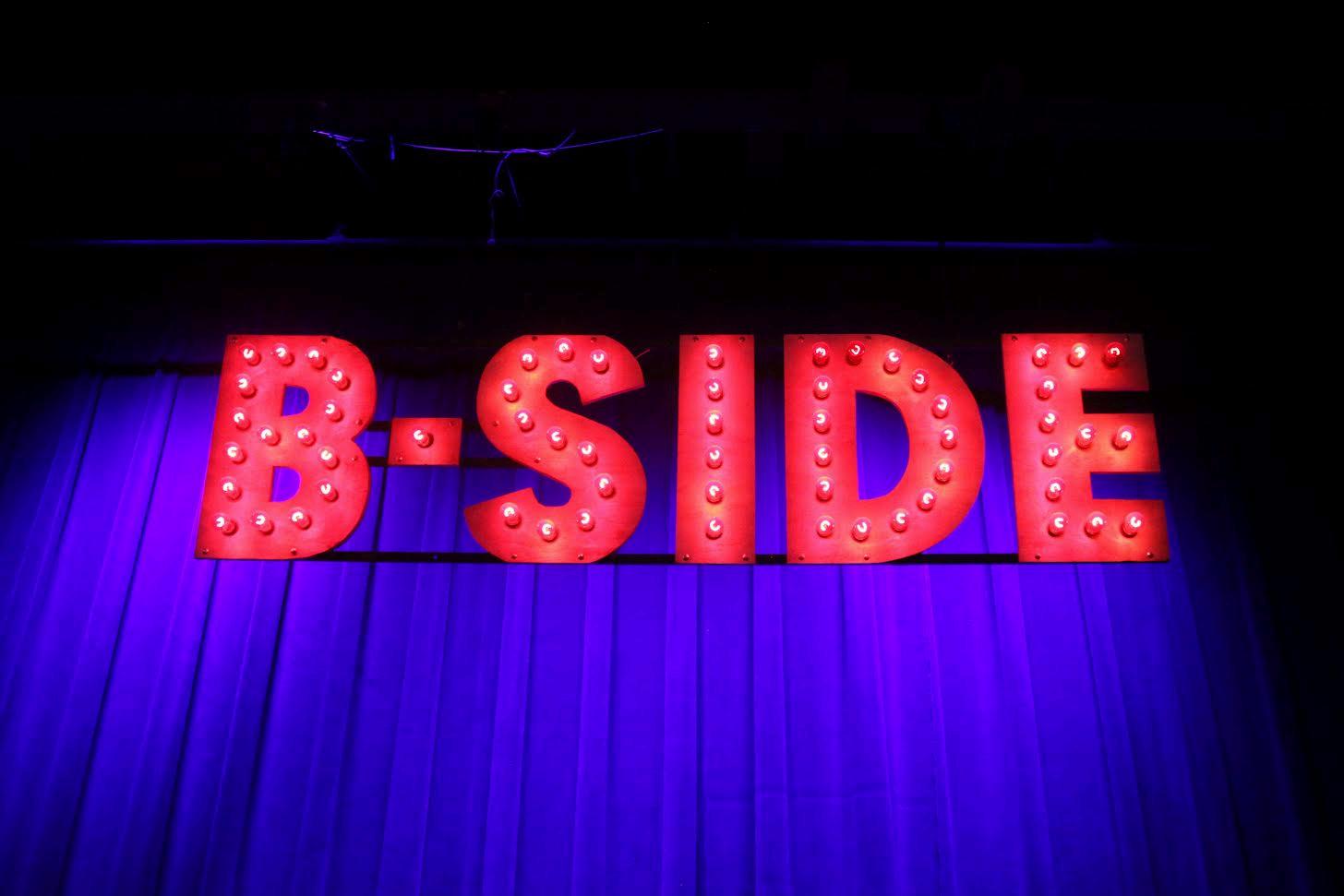
room-to-room mingling, learning, and seeing new music they might not see is inspiring if we were to call it anything. Better to have traffic than to have no traffic at all.”
B-Side’s owners also feel a responsibility to take care of musicians - the lifeblood of any music venue.
“Everything we set out to do was to make sure the artists were taken care of, first and foremost,” says Boswell.
This, of course, means fair pay and better hospitality - which can’t be overemphasized. But it is also demonstrated by the B-Side’s treatment of the art itself. Put simply: better sound. This comes courtesy of a state-of-the-art sound system, utilized by arguably the city’s most beloved and talented live engineer, Joe Holland.
“We are not where we are today without Joe handling all things production and live streaming,” says Boswell. “He knew what he wanted the room to be and sound like, and made it his own.”
Thanks to Holland, live streaming shows on social media and B-Side’s YouTube channel has also become a hallmark of the club’s operation. Born out of pandemic necessity, it continues today by popular demand - thus expanding the reach of each performance beyond B-Side’s four walls.
ing document of the current n the moment and just trying hen we started to go back ived, we all said, in 30 years, y amazing to go back and om B-Side in the near future, optimistic about the club’s
The now immense YouTube archive has also become a living document of the current Memphis music scene.
“We didn't really think about it at first, because we were in the moment and just trying to survive and create outlets for artists,” says DeHart. “When we started to go back and listen to the amount of great music that is being archived, we all said, in 30 years, this stuff will be amazing to watch and listen to. It's pretty amazing to go back and watch and listen now, and it's just been five years.”
He also hints that there might be more content coming from B-Side in the near future, but couldn’t divulge specifics. He is, however, more than optimistic about the club’s present - and future.
“Currently we see ourselves right where we are, in this moment,” says DeHart. “We want to continue to provide a great space to hear great music and hang with great people. November 20th will be our 7-year anniversary, so we’re really just excited to be here.” Keep up with all of


In celebration of this summer’s The Stax Revue: Live In '65! compilation (more on that later), we thought we’d reach out to a certified Stax legend to give us their top 5 live songs from the soul music powerhouse’s deep archives. James Alexander--the longtime bassist for the Bar-Kays who has performed alongside soul music giants such as Otis Redding and Isaac Hayes--was gracious enough to honor our request. Unsurprisingly, several of his picks are legendary gigs in which he was a key player of the band, giving us a deeper insight into what it felt like in person. Below is a summation of our conversation with Mr. Alexander...
1. Otis Redding’s “Satisfaction” at the Whiskey a Go
Go (1966)
The crowd’s reaction really says it all with this one. Otis was just about to break into superstardom, and I think this string of shows in L.A. really helped that get going. Otis was obviously one of the greatest singers of all time, but he was also one of the best at taking a song and making it his own. I mean, this song was a hit from the Rolling Stones just before this version, but Otis was untouchable when it came to putting his own soulful twist on a track.

2. The Bar-Kays’ “Son of Shaft” at Wattstax (1972)
That day at Wattstax was something else — the energy, the people, the love. When we hit ‘em with “Son of Shaft,” which was released a few months before the concert, you could feel the whole stadium moving. This was the largest crowd that any of us had ever played in front of, so we knew we had to bring it. That mix of funk and fire was us telling the world, “We’re still here, stronger than ever.”
3. Isaac Hayes’ “Theme from Shaft” at Wattstax (1972)
Isaac was the final performer at Wattstax and was one of the biggest musical stars on earth at the time. When he came out with that gold chain vest and the band dropped into “Shaft,” the place just exploded. I’m sure you’ve seen the video, but the whole arena was on their feet the whole time. Isaac had them in the palm of his hand and he knew it.
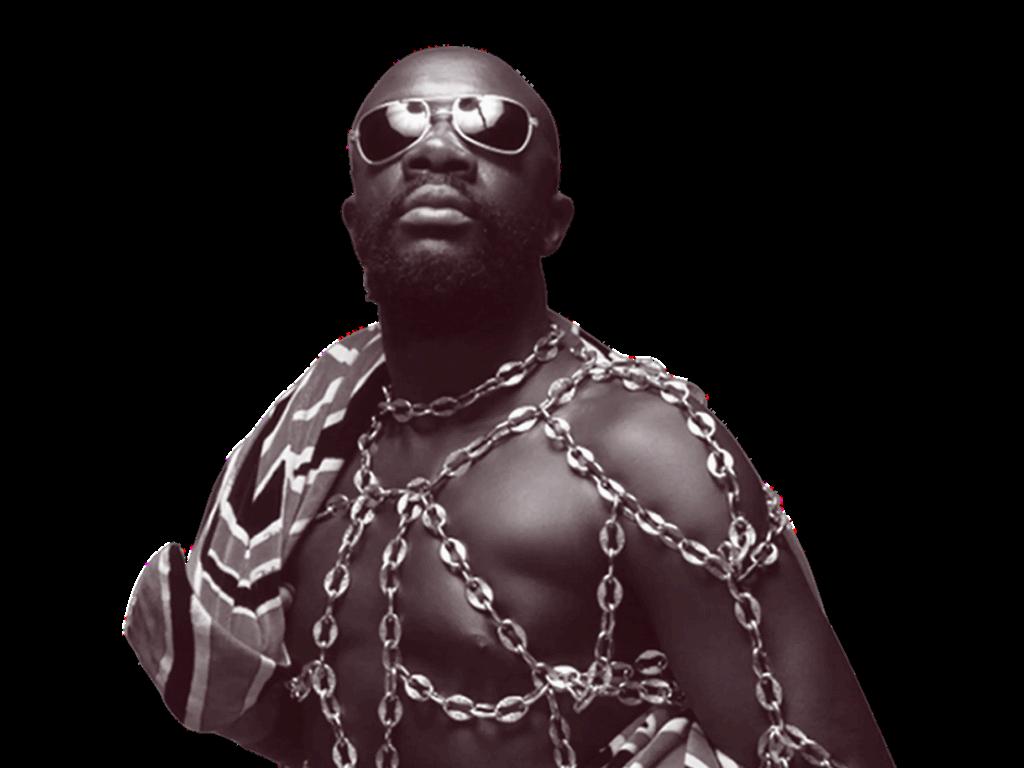
4. Otis Redding- “Try a Little Tenderness” from the Stax Revue in Paris (1967)
I wasn’t on that tour, but every musician who was talked about it all the time. Otis had that rare thing — the power to make a crowd, anywhere in the world, feel like they were right at home in Memphis. The way he built “Try a Little Tenderness” from that quiet opening to a full-on explosion, he showed folks what soul really meant. That performance lit a fire that carried all of us who came after.
Isaac Hayes “Light My Fire” at the Sahara Tahoe (1973)
That night at the Sahara Tahoe was Isaac doing what only he could — taking a rock tune and stretching it out into slowburning soul. The strings, the rhythm, the mood...You can feel him expanding the song and making it his. The Sahara Tahoe album was Isaac’s first live release, so it was a big deal when it came to showing folks who had never seen him live before what he was capable of on stage.

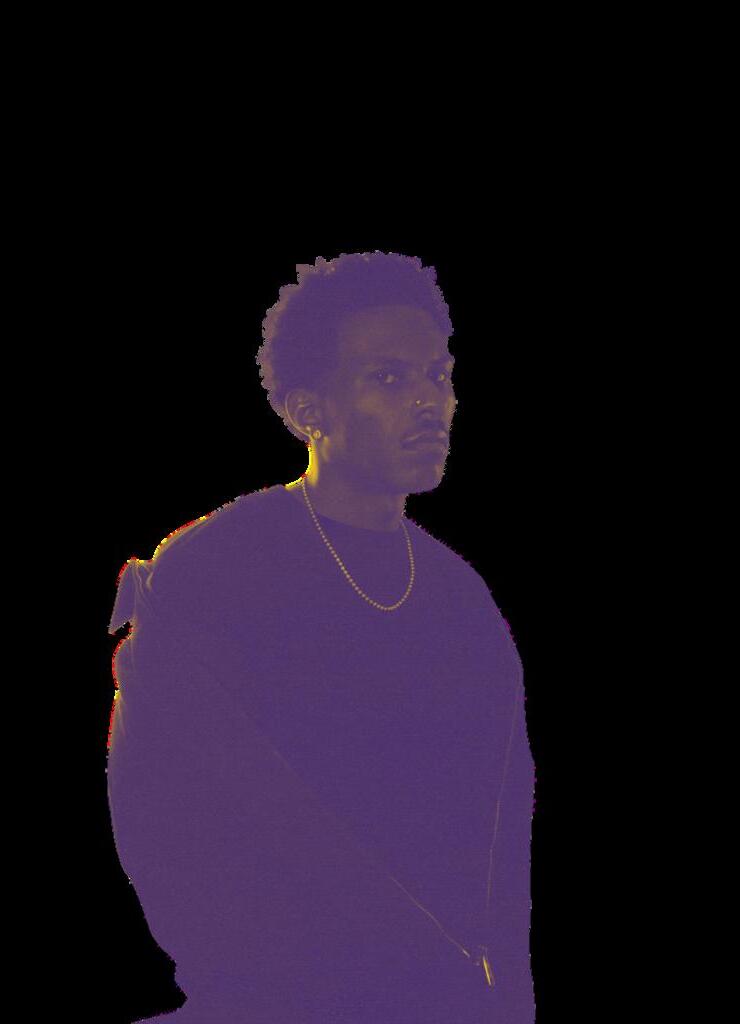
SOME OF OUR FAVORITE LOCAL ALBUMS, SONGS, AND LIVE SHOWS FROM SUMMER 2025
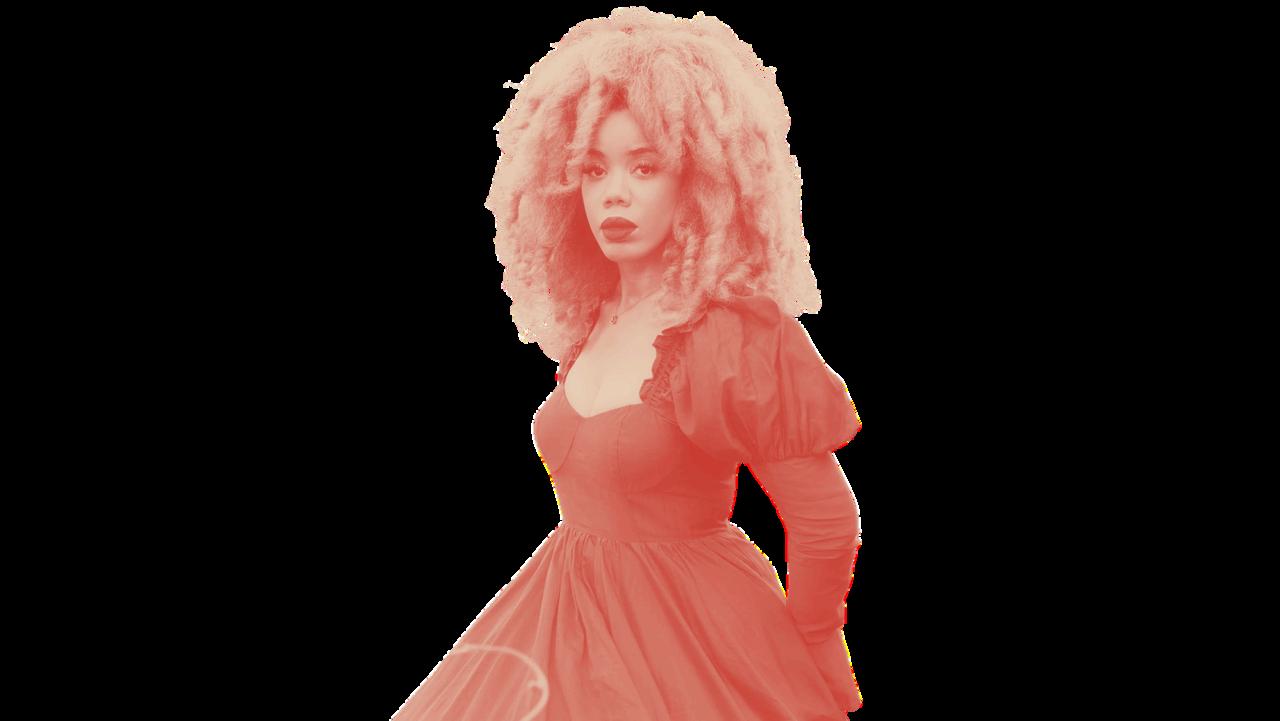
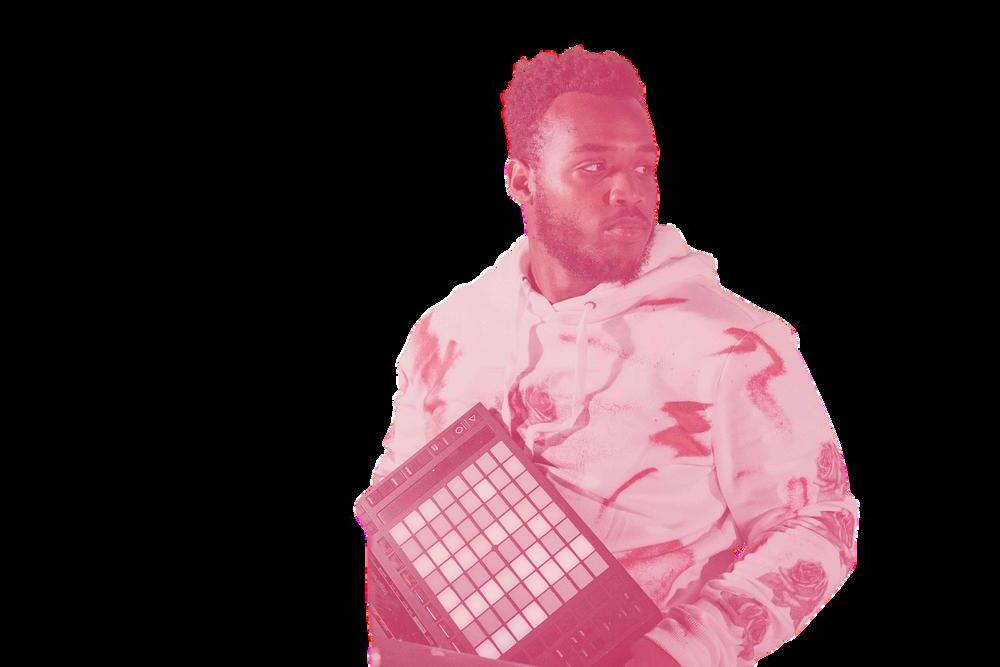

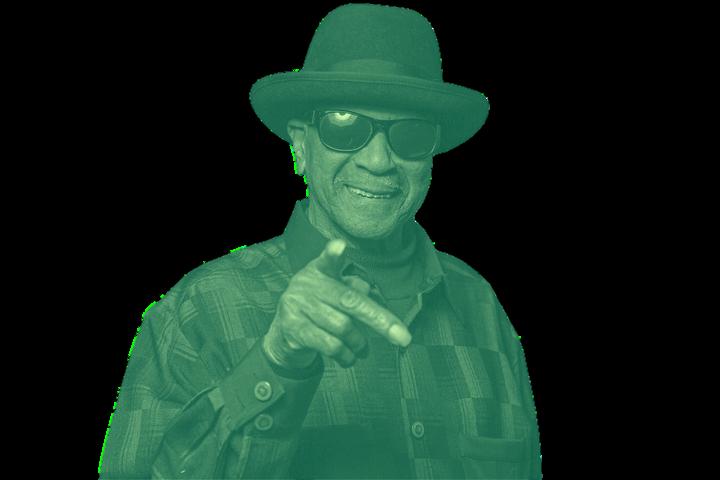
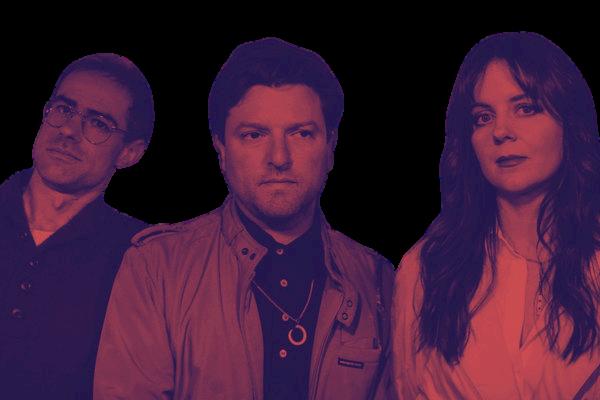
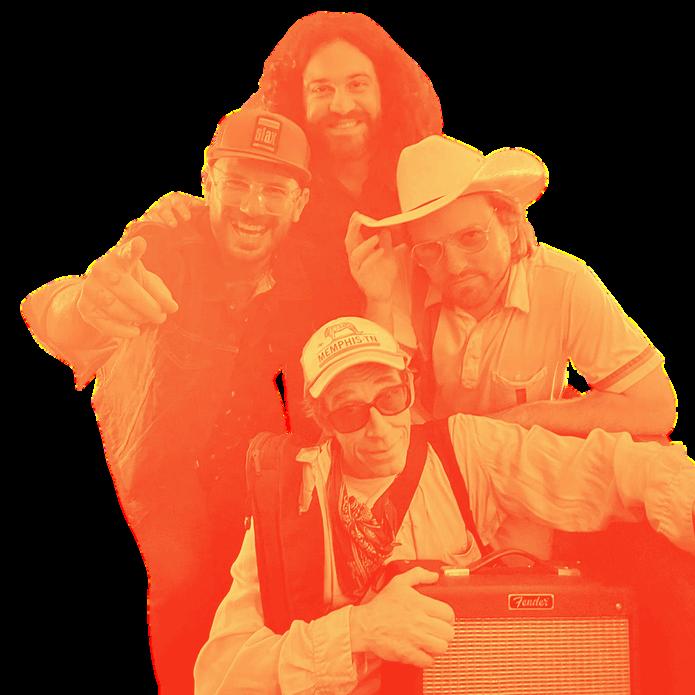
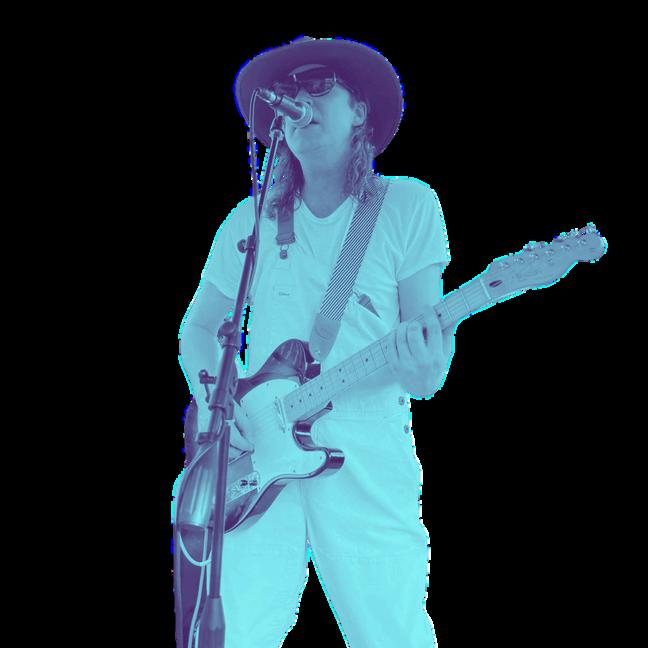


Frank McLallen’s Extra Eyes arrives as a quietly bold debut, stripping back the excess and letting melody, heart, and subtle texture take center stage. Across ten tracks, he navigates loss, renewal, and introspection with a deft touch. Given his stature as one of the city’s most reliable sidemen, it’s unsurprising to see the many excellent “extra eyes” who showed up to help McLallen’s vision come into clear focus.

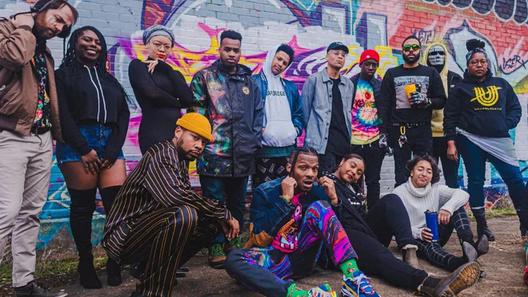
Unapologetic celebrated a decade of disruption with a sweaty, hype, love-filled party at Memphis Made Brewing that featured memorable live performances from virtually every member of the collective’s substantial roster. Both an opportunity to celebrate successes and look ahead to the future, this was a welldeserved victory lap for one of the city’s most important creative forces.
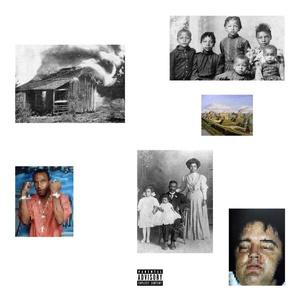

On his newest album, Lawrence Matthews doesn’t just raise the bar he redefines whatever bar we thought he was aiming for. Across twelve tracks, he fuses raw vulnerability, righteous anger, and spiritual tension into a comprehensive whole. With songs ranging from the hushed and haunting to the defiant and boastful, BMRAPG is not just Matthews best project to date, it’s one of the most compelling releases to come out of the city this year.
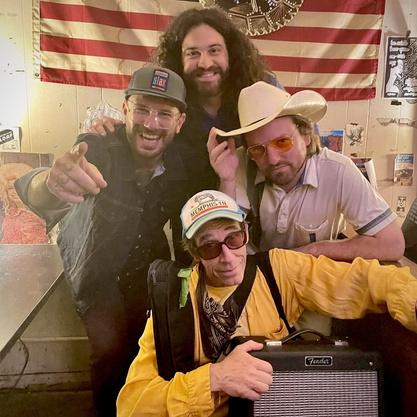
FAKE!’s debut 7″is a sharp, no-frills blast of Memphis rock that gets the job done efficiently and effectively. Across four lean tracks, the band delivers the same witty lyrics and raw but balanced sound that has made them a local live music favorite. Highlights like the excellently-titled “Ray Davies Was Shot (Mistaken for Alex Chilton)” make this the kind of record you immediately want to flip over and play again.
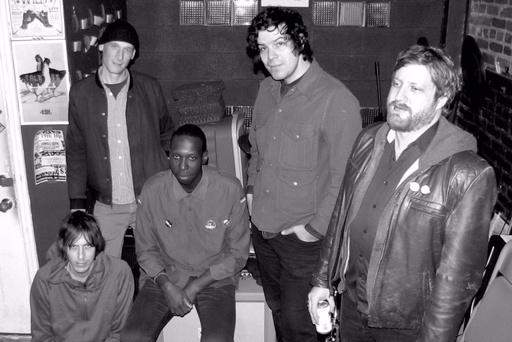
The D.C. band Des Demonas was a major standout at this year’s loaded Gonerfest. Fronted by the unforgettable Jacky Cougar Abok whose magnetic stage presence, one-of-akind voice, and tambourine prowess have stuck with me ever since their Saturday set they delivered a sound that’s part punk, part psych-rock, with fuzzy grooves, bubblegum sludge, and yes, even an organ. I was lucky enough to catch Jacky Cougar and the Vampyres from Africa at an after-show the night before, which convinced me to rearrange my entire schedule just to see the band live. Totally worth it. They’ve released an EP and two full-length albums, and are currently touring the U.S. and Canada.


Diplo–the Grammy-winning producer known for his smash hits with M.I.A., Justin Bieber, Usher, and more– has referred to Memphis rap as the reason “your favorite producer got a laptop.” On his new single “Flashlight,” he features two of Memphis rap’s founding fathers over a crunkified sample of Radiohead’s “Everything in Its Right Place,” an audacious union of two sonic worlds that somehow works out beautifully.
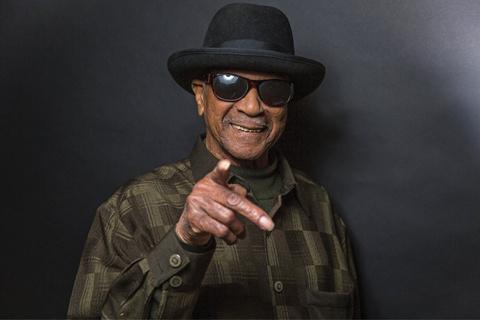

Although Beale Street’s gradual descent into a Disneyfied facsimile of its heyday was probably inevitable, Earl “The Pearl” Banks was a true keeper of the flame who dutifully served as a steward of the storied street’s legacy for decades. With his passing at the age of 89, the city lost one of it’s greatest local treasures and yet another link to a golden era of American music.


In July, the Lamp celebrated yet another round of upgrades and improvements to the beloved dive with a day of debauchery that threatened to undo all of their hard work. Featuring karaoke, burlesque, drag and a local music line-up including Jack Oblivian, Aquarian Blood, Tyler Keith, Dr. Brown, and more, this party felt like a much-needed throwback to not-so-distance better times.


On the lead single from their forthcoming album Lucky Number (scheduled to drop on Halloween), our favorite synth-punk trio deliver yet another slice of dancefloorfriendly gloom. Written by vocalist and lyricist Natalie Hoffmann while observing a train during a snow storm, the song is one of the group’s strongest and most urgent yet.
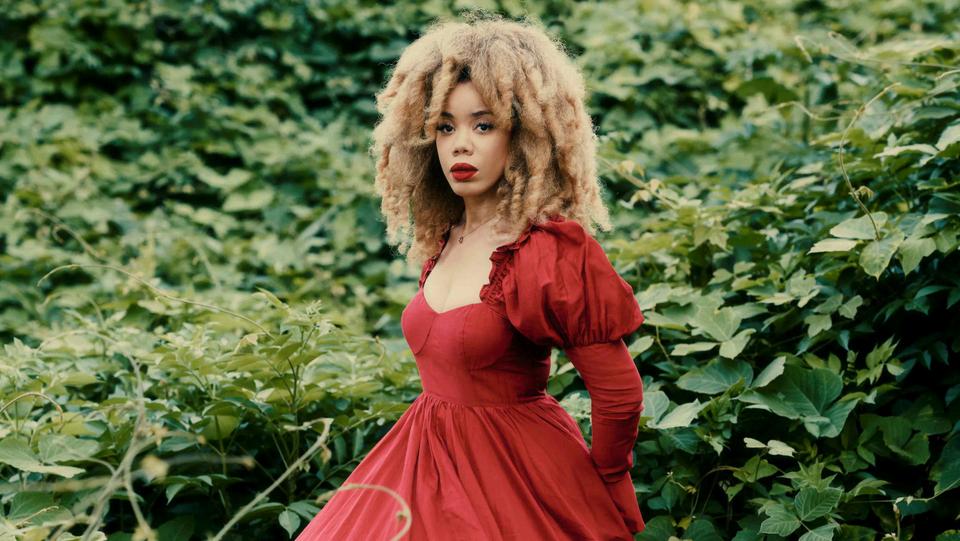
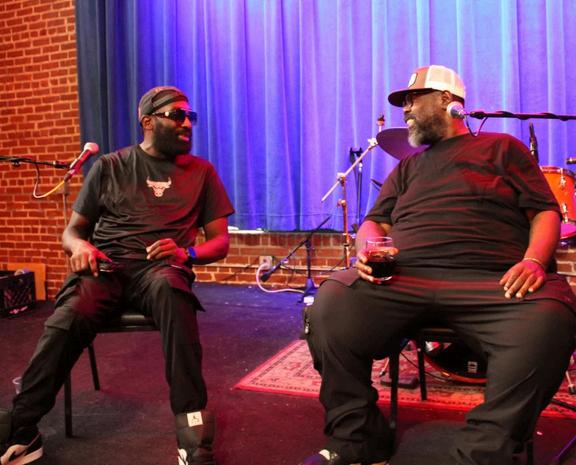
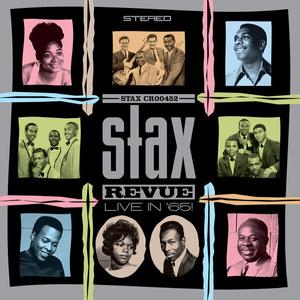

After a four-year wait, the Memphis-born, Mississippi-bred R&B singer KIRBY is finally back with a stunning new LP that is well worth the wait. Serving as both a celebration and a condemnation of the region, Miss Black America is a triumph. We can’t describe the album any better than the artist herself, who describes it as “an album about growing up in Mississippi and understanding how the fight of your ancestors, the love of your family, the blood on the land and the joy of the Sunday choir shaped how you see the world,”

What began as a series of album listening events at the Memphis Listening Lab has morphed into something both bigger and more profound than we ever anticipated. While each featured artist has been exceptionally generous with both their time and willingness to tell their story, getting the iconic duo of 8Ball & MJG to join us in conversation felt like a crowning achievement. Although the duo’s seminal album On Top of the World was at the center of our discussion, it was their hometown pride and their love for Orange Mound that really shone through.

Stax Revue: Live in ’65 offers a riveting glimpse into the raw energy of Stax Records during its prime, capturing two electrifying performances at Los Angeles' 5-4 Ballroom and Memphis' Club Paradise. This double LP includes several previously unreleased tracks, including Wilson Pickett's commanding rendition of "In The Midnight Hour" and Rufus Thomas's spirited "Walking The Dog." While the sound retains its unpolished charm, the restored audio ensures clarity without sacrificing the gritty essence of the era.
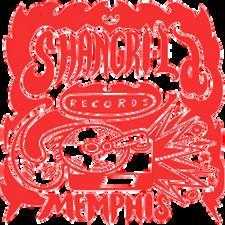
A heartfelt thanks to all of the contributors, artists, sponsors, and everyone else who helped to make this magazine possible. Please help to share the word, and we’ll see you in the fall!
